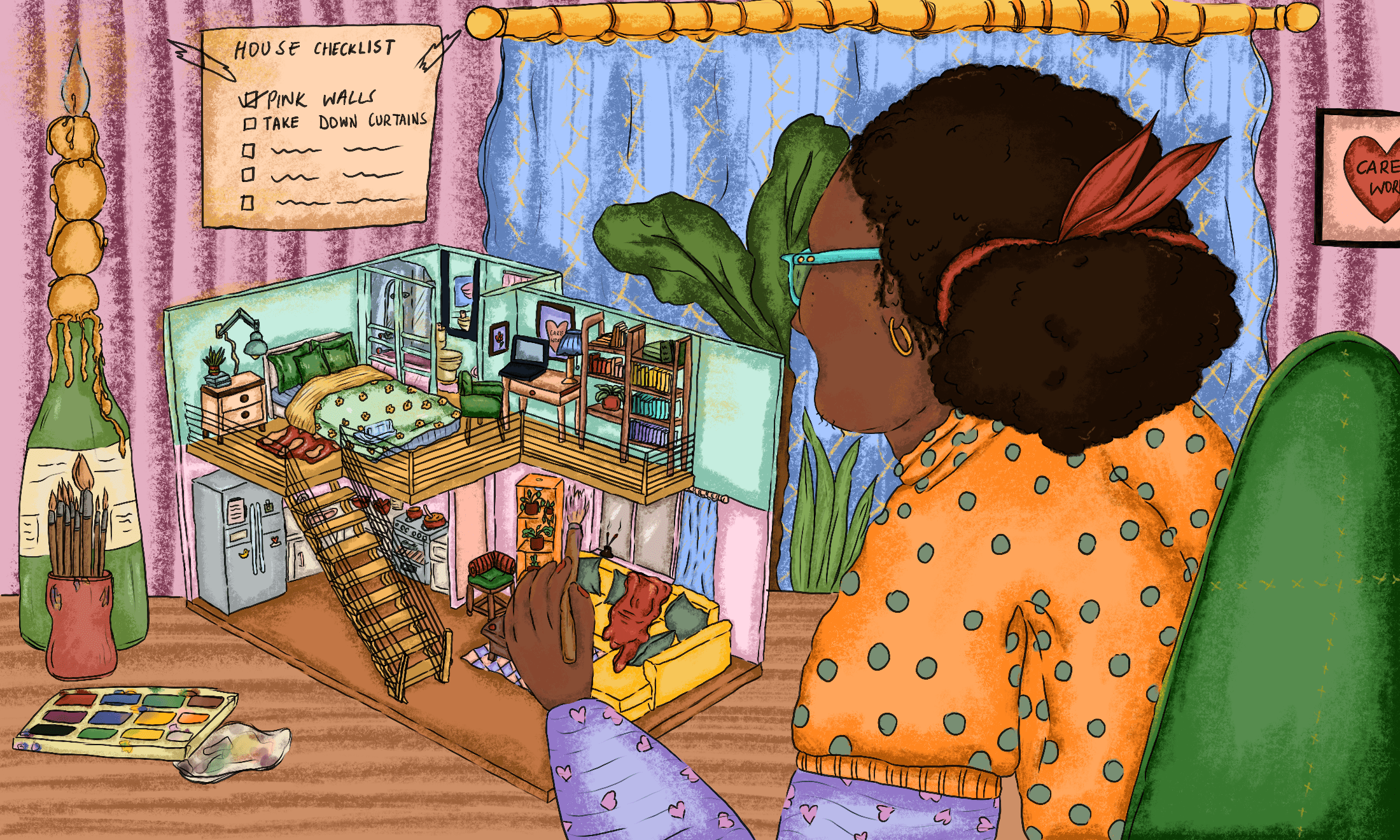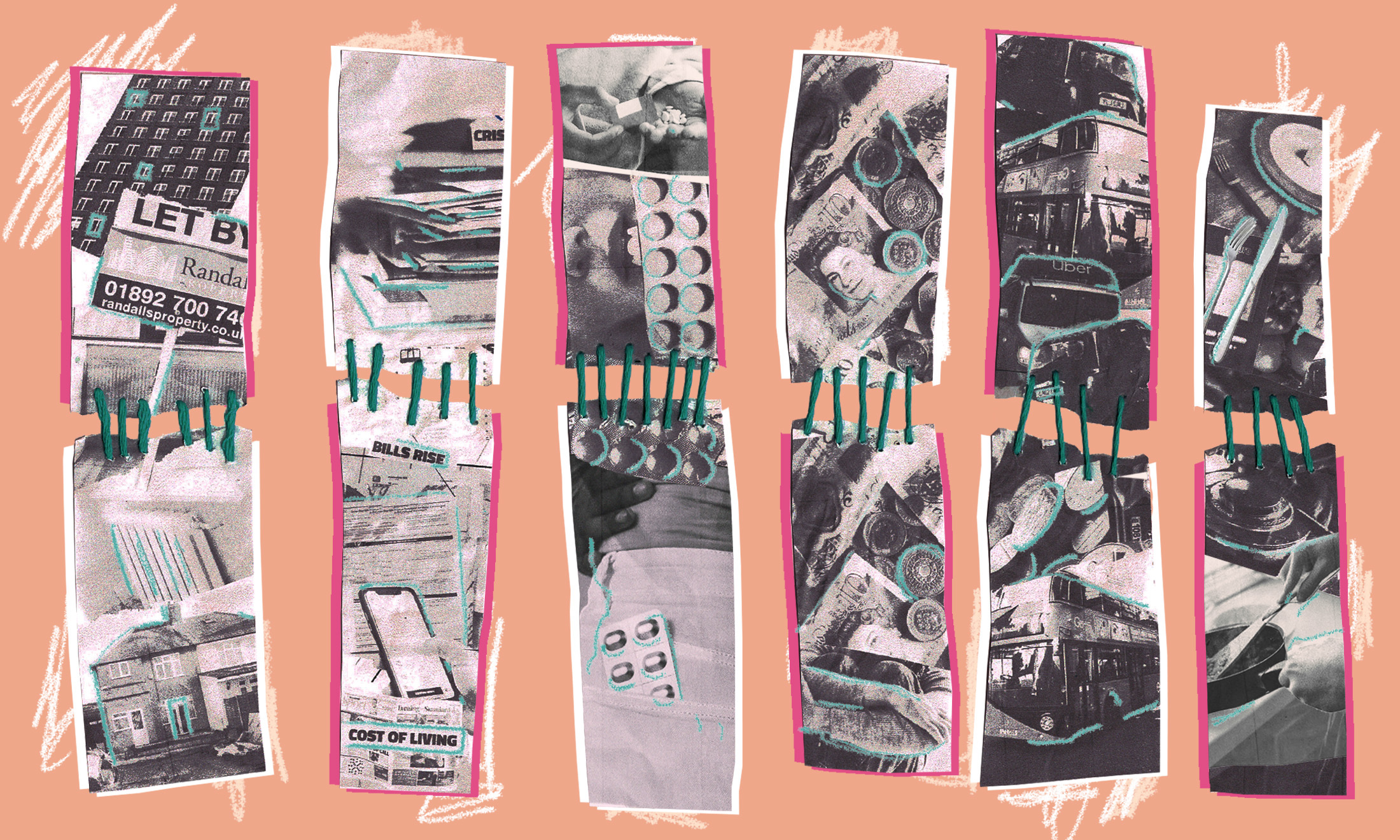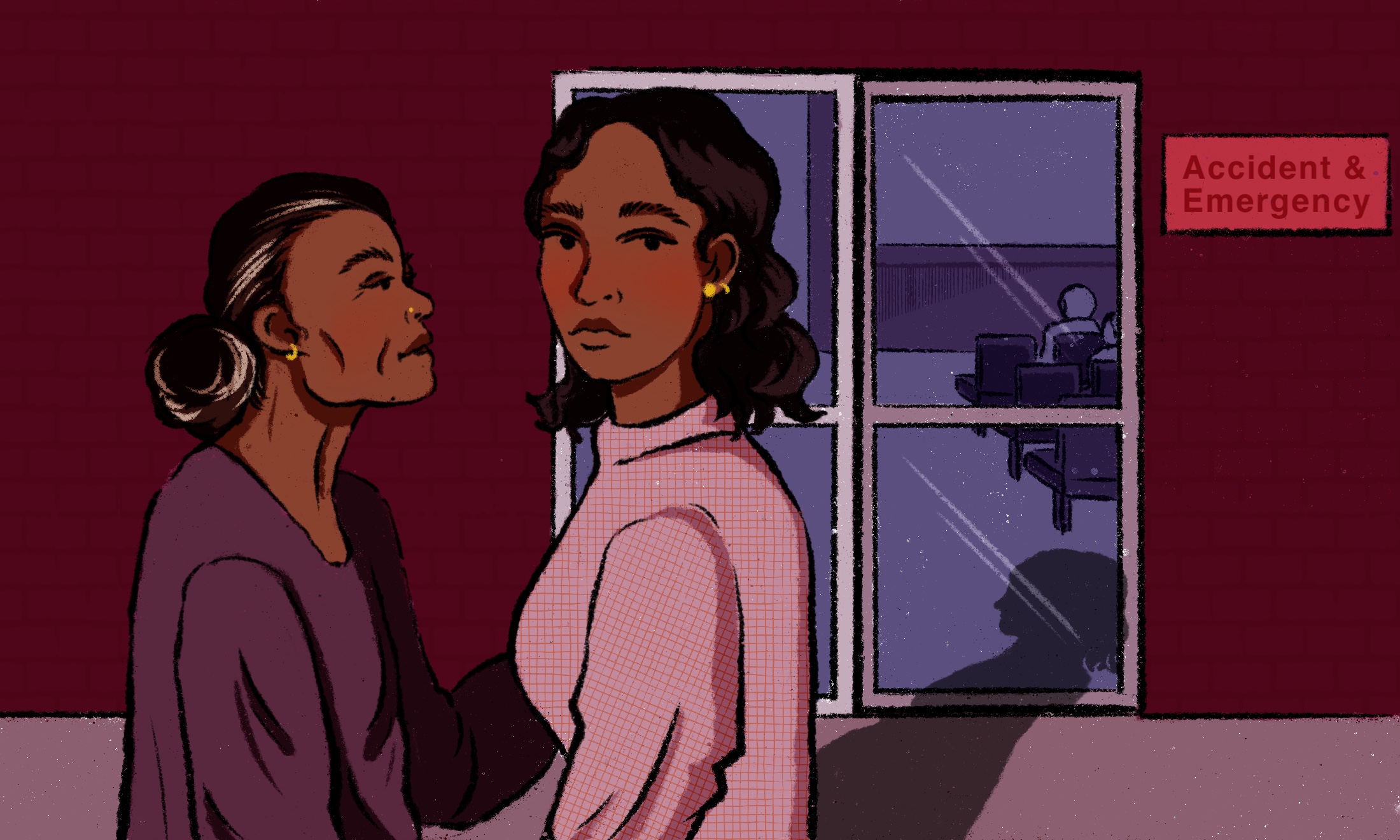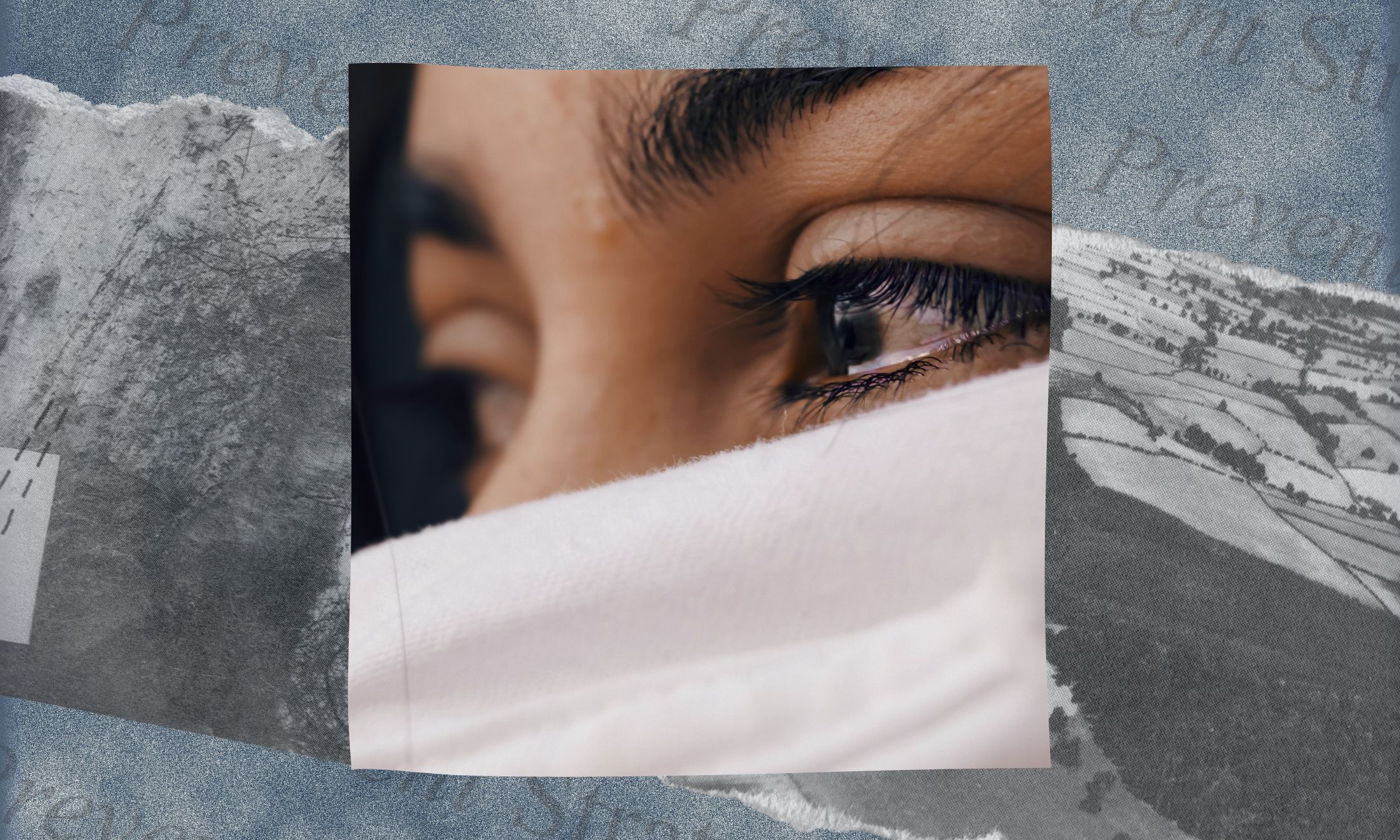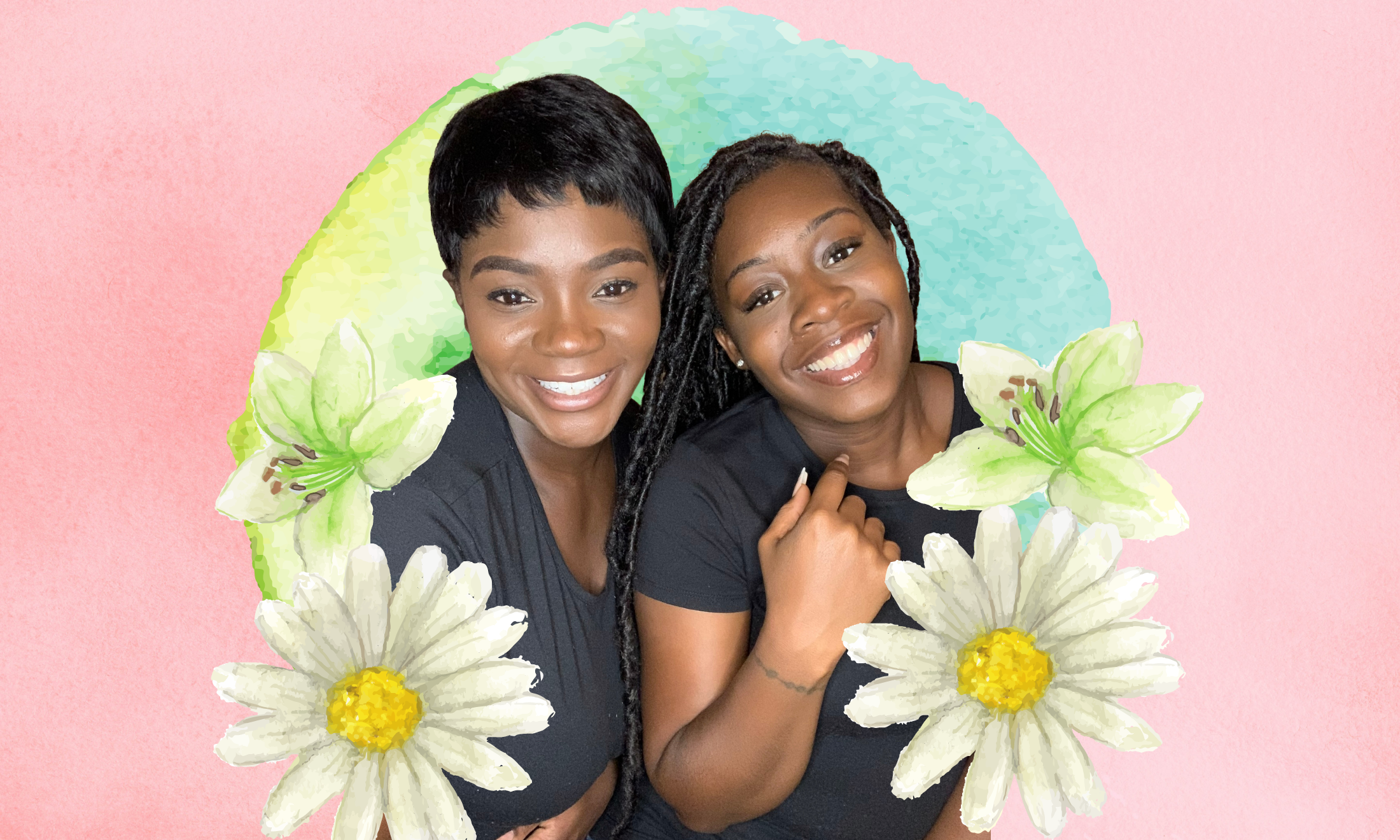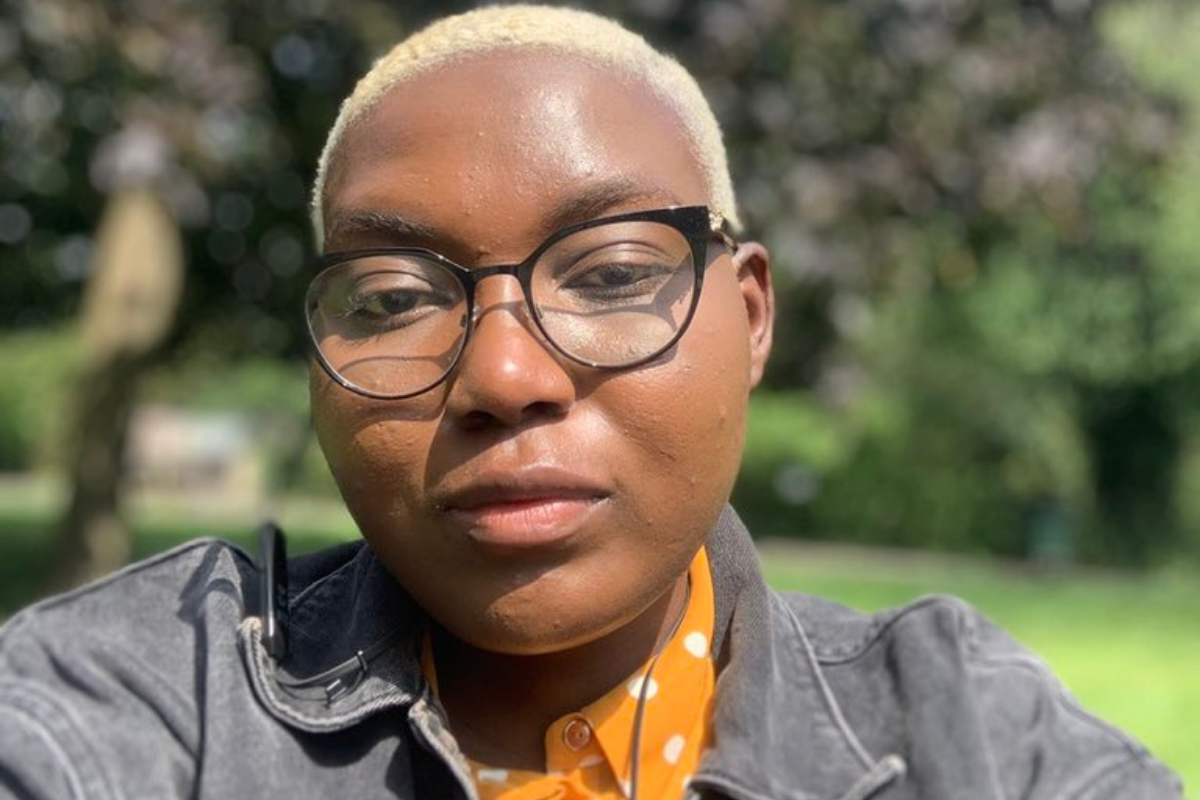
People of colour still aren’t donating their organs – this needs to change
Samara Linton
06 Sep 2019
Chancy (above) was on the waiting list for a transplant
On average, each day, three people die in need of an organ transplant because of a shortage of donors. This shortage is particularly significant for people of colour. People from black, Asian, and other PoC backgrounds make up 11% of the population, but, last year we accounted for 35% of people on the organ transplant waiting list.
But English organ donation law is changing. From spring 2020, all adults will be an organ donor when they die, unless they have recorded a decision not to donate or are in one of the excluded groups. While some have criticised the new opt-out system for undermining public trust, others are celebrating the potential to save thousands of lives. Why is organ donation still such a difficult, and divisive topic – and how are these questions further complicated for people of colour?
In 2017, London-based junior doctor Chidera Ota wrote a report calling for the government to adopt opt-out legislation for organ donation waiting lists.
When someone dies and they are found to be a registered organ donor, their families are consulted before the donation goes ahead. In most cases, families agree with the donation if they know that is what their loved one wanted. However, Chidera found that would-be donors were reluctant to discuss their decision with their families. “We are uncomfortable talking about death,” she explains.
One reason for this is that as PoC, we are more likely to have conditions, such as diabetes and high blood pressure, which increase the risk of organ failure. A second reason is that an organ transplant is more likely to be successful when the donor and recipient are from the same ethnic background, but PoC are less likely to donate organs than their white peers – we make up only 7% of organ donors.
“An organ transplant is more likely to be successful when the donor and recipient are from the same ethnic background”
The overrepresentation of PoC on the transplant waiting list coupled with the underrepresentation of us as donors means that we wait longer for transplants. This is especially true for black people. For example, black people wait on average six months longer for a kidney transplant than Asian people and one year longer than white people.
Chidera argues the need to have these discussions is even more significant in communities that have strong death and burial traditions. While all major religions permit organ donation and transplantation, this is not widely understood, and often stated as a reason against donation. Cultural traditions around death are also important. Giving the example of her Igbo father, Chidera shares that “he is adamant he wants to be buried in Nigeria when he dies… How does something like that impact organ donation?” She explains that many fear their bodies will be desecrated through organ donation, but this is not the case.
“Even with the opt-out system, you can specify which organs you are happy to donate and which ones you aren’t.” Many people even go on to have an open-casket funeral after donation.
Chidera also points to the lack of trust many PoC have in doctors and the healthcare system more widely. “Many people of colour do not have faith in doctors here. They are concerned that the doctor may not have the sensitivity nor the cultural knowledge that is required.”
For the black community, in particular, interactions with healthcare have been marred by coercion, excessive force, and institutional racism. Nonetheless, disengagement from the organ donation process directly harms our communities.
As Chidera explains, “We need to be in this system more so than anyone else. It is important that [PoC] realise that we are struggling even more than the average person who is waiting for an organ.”
One woman who would attest to this is Chancy, a 26-year-old transplant recipient who also works for the NHS. Chancy was diagnosed with autoimmune hepatitis as a teenager and cared for at King’s College Hospital which specialises in childhood liver disease.
“When you get put on a list, it is because you are dying. And you are waiting for a stranger to die for you to have a chance at life, that is difficult to deal with psychologically”
Chancy
In April 2015, she developed liver cirrhosis and was told she would need a transplant. As she waited for a transplant, Chancy struggled with weakness, swelling, and encephalopathy, all symptoms of liver failure. “The best way to describe [encephalopathy] is like dementia really, but you are in your twenties or thirties. I only had a mild form, but I used to get on the bus and forget why I was there or where I was going.”
Chancy’s lifeboat came on Christmas Eve. “They called me and told me they might have a liver for me.” She was admitted to King’s College Hospital that same day, and woke up the following morning, groggy, but with a second chance at life.
However, life has not been easy since. Chancy remained in hospital for a month after her surgery due to infections. She struggles with repeated rejections, where her body’s immune system attacks the “foreign” transplant tissue. “Your body is aware that what has been put inside you is not yours… It is like when you watch a dubbed film, and it just does not seem right.”
Chancy also explains the psychological impact of receiving a transplant. “When you get put on a list, it is because you are dying. And you are waiting for a stranger to die for you to have a chance at life, that is difficult to deal with psychologically.”
Chancy reached out to her donor’s family but has yet to receive a response. “I don’t want to push too hard,” she shares, acknowledging the difficulty bereaved families face. She now advocates for organ donation among black people, challenging many of the myths people believe.
“Hospitals don’t know whether or not you are a donor until you die. I am an organ donor, and I have been very unwell in hospital multiple times, but they have never asked me for my organ donor status. They have never tried to kill me off! My dad is an organ donor, it is the same for him.”
“Being an organ donor is the most selfless thing you can do,” Chancy states. By donating your organs, you can save or transform up to nine lives, even more by donating tissue.
An increasing number of PoC are considering becoming organ donors, and with the changing laws, the waiting time for transplants is expected to fall and thousands of lives could be saved.
As the organ donation process heavily involved the donor’s family, it is crucial that as potential donors, we discuss our decisions and desires with our families. These discussions may be the difference between life and death for the hundreds of PoC currently waiting for a life-saving organ transplant.

